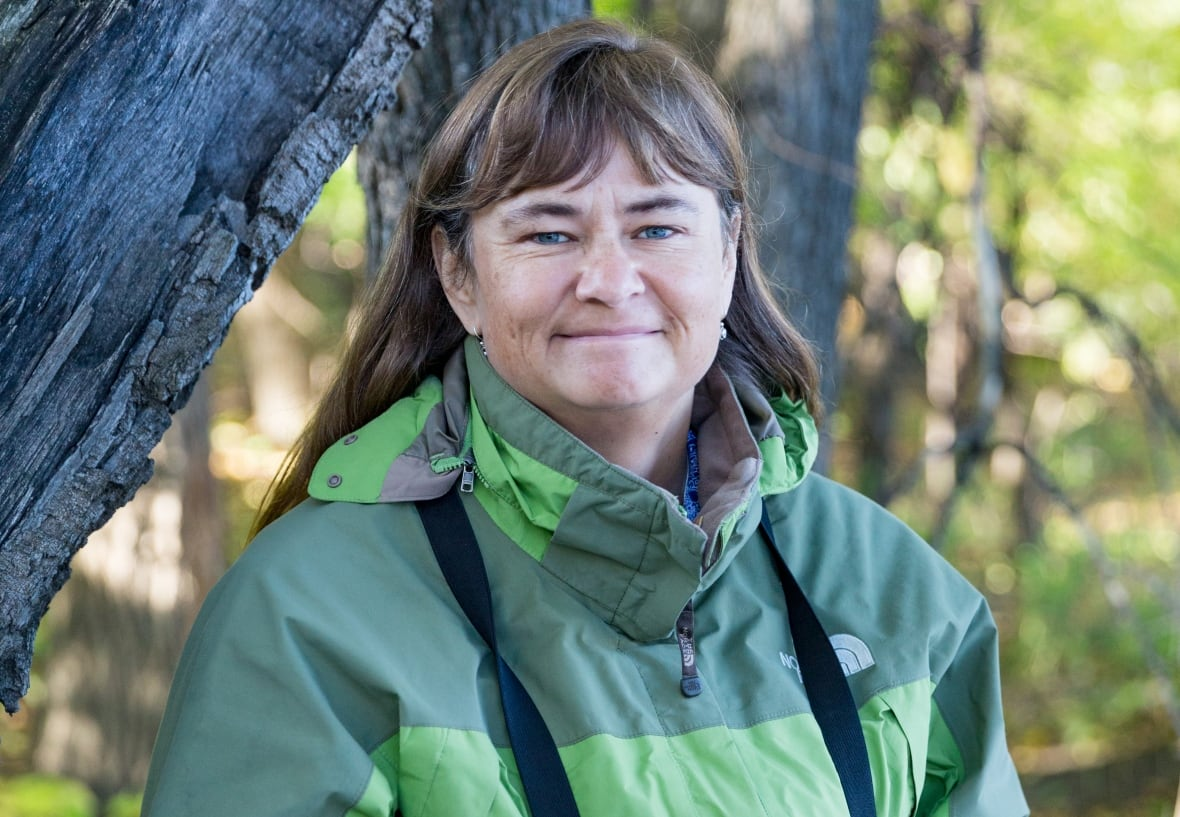By Nicola Koper
Discrimination, and its associated mental health issues, is a significant concern for many queer folks, and this problem is magnified for people who have more than one queer identity. This is especially an issue for people with bi+ identities, as the greater societal discrimination that bisexual folks face results in us experiencing more mental health problems—including substance abuse, depression, thoughts of suicide, and more—than either straight or gay/lesbian people. So, for this issue focused on intersecting identities, we wondered, how does being trans or racialized* compound the challenges of being bi+?
2024 is a complicated time to be queer. There is some good news out there: for example, there are more folks who identify as queer on American surveys than ever before: LGBTQ+ Identification in U.S. Now at 7.6% (gallup.com) (although let’s not forget that queerness has always been a part of human societies; we just haven’t been able to quantify the proportions of populations who have been queer before). In addition, a strong majority of Americans in both Democrat-leaning and Republican-leaning states support non-discrimination laws that protect LGBT folks (PRRI).
But we all know that there is a dark side to the 2020s, too. There has been a massive increase in violence against queer folks, particularly individuals who identify as trans, in the last few years. Even though more than three-quarters of Americans support nondiscrimination laws, this actually represents a decline in support over just the last couple of years, coinciding with these increases in violence (also according to the PRRI). And these challenges are not just occurring in the U.S.; for example, Alberta, Canada recently announced numerous prohibitions on gender-affirming care, especially for children, CBC News has reported. So queer folks are in many ways under severe attack and subject to increasingly negative attitudes in our societies.
Research published last year by the National Institutes of Health has shown that trans and racialized bisexual folks are subject to particularly strong discrimination. These researchers found more negative attitudes toward trans bi+ people than cis bi+ people. They also found more negative attitudes towards Black and Hispanic bi+ people than White bi+ people. These results show that intersectional identities, in which an individual identifies as being a member of more than one minority group, result in even greater challenges, risks, and vulnerabilities. The fact that 32% of trans people identifies as bisexual or pansexual, according to the National Center for Transgender Equality, illustrates that there are many folks out there who are in this vulnerable position.
When we learn of research like this, many of us wonder what we can do to counteract these challenges. The authors of this study suggested that positive interactions between the public (presumably they mean straight community members) and minority group members, accurate information about sexual and gender minorities, and multicultural-based education have been shown to reduce discrimination against people who are members of sexual or gender minorities. Perhaps this is cynical of me—but I’m not sure I want to wait for our society to integrate those solutions into our education systems before we see real change. I suggest that we start looking to solutions that are closer to home. Our bi+ community is deeply and personally aware of what it is like to be a member of a minority group. We are discriminated against, sometimes even by other queer people. We face greater risks of workplace harassment than our gay/lesbian colleagues. So, I hope this means we are also particularly sensitized to caring for the most vulnerable, at-risk individuals within our own community. What does this caring look like? I hope that readers, such as yourself, will share your ideas.
*any racial identity other than the dominant one; in USA, any racial identity other than White
** Hyperlinks to citations are available on the website version of this article.
Nicola Koper is Dean of Environment at the University of Northern British Columbia, in Canada, focusing on increasing equity, diversity, and inclusion in academia and public education.

